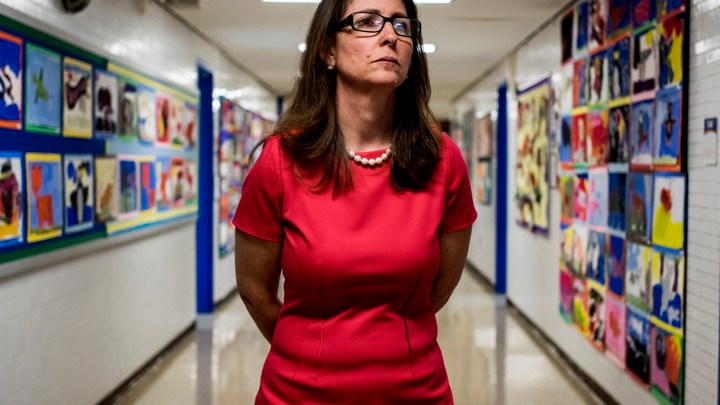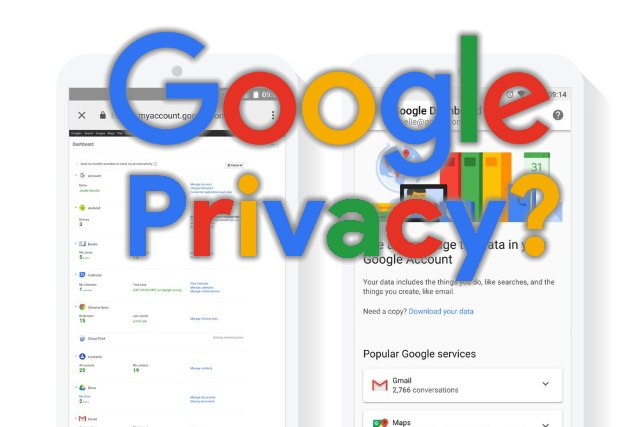The following was written by a concerned stakeholder who prefers to stay anonymous. One wonders if the budget savings involved in DOE’s decision to cut the only part-time staff assistant vetting research proposals is worth risking student privacy.
NYC public school students are diverse demographically, culturally, linguistically, and academically and there are a wide variety of programs established to meet their needs. The NYC Department of Education Institutional Review Board (IRB) reviews over 500 research proposals every year, many of which aim to evaluate these programs and test new curriculums. A large portion of these proposals target the most vulnerable NYC DOE students and families.
An IRB is an administrative body that is formally designated to review human subject research proposals, to protect the rights of those individuals who are recruited to participate in research activities. For most people, the mention of an IRB conjures images of drug trials or medical treatment research. However, IRBs don’t solely exist for biomedical research. Social science research that collects personal information about participants is also subject to IRB review, and education research is no exception.
Historically, the NYC DOE IRB Board has been supported by only one full-time Director and only one part-time consultant who are tasked with initial review of all submitted proposals, communication with the research community, as well as oversight and compliance monitoring. In addition, there are two Boards made of up 30 volunteers who vet the proposals after the initial review by staff. Comparable institutions reviewing the same volume and type of research normally have between 3-5 full-time administrative support staff to perform initial reviews and support Board members (aahrpp.org).
Faced with a projected deficit in the billions of dollars, the NYC DOE has opted to eliminate the one part-time IRB assistant position, which will reduce the DOE’s ability to thoroughly review the research studies being proposed and could open the doors to a whole host of privacy and confidentiality breaches.
Proposed studies submitted to the NYC DOE IRB may ask questions regarding family immigration status, financial hardship, experiences with abuse or neglect, sexual practices of children, drug and alcohol use and abuse, and physical or learning disabilities or challenges or more. Researchers also frequently request extensive FERPA-protected student records including disciplinary and suspension data. The NYC DOE IRB is the sole DOE body that reviews these requests and ensures that inappropriate questions – including immigration status — are removed before the study is approved and introduced to students and families.
In reviewing these proposals, the IRB ensures, among other things, that:
- The risks to students and families are minimized by using procedures that do not unnecessarily expose the research participants to risk.
- The selection of students and families for research participation is equitable.
- Research participants are adequately informed of the risks that will be involved in the research.
- The research plan, when appropriate, makes adequate provisions for monitoring the data collected to ensure the safety of the subjects.
- There are adequate provisions to protect the privacy of the research subjects and to maintain the confidentiality of the data.
- Appropriate additional safeguards have been included in the study to protect the rights and welfare of research subjects who are likely to be vulnerable to coercion or undue influence (e.g., children, non-English speakers, undocumented, economically or educationally disadvantaged persons).
Absent NYC DOE IRB review and oversight, many of these research studies could move forward with limited safeguards for NYC DOE students and families.
The NYC DOE IRB’s historic commitment to student privacy and ethical research must be preserved. Due to COVID-19 and the shift to online learning, access to students is now being sought via telecommunication platforms such as Zoom and Google Meets, and online classroom platforms such as Google Classroom. Much sensitive data detailed previously are now being collected using these platforms.
Faced with an avalanche of research proposals focused on the impact the pandemic and the shift to remote learning, the NYC DOE IRB is needed now more than ever to combat against big data research and the exploitation of public school students for profit. It is with these concerns in mind that this institutional cornerstone requires a revamp involving an influx of resources, and support.
Those who care about student privacy should be outraged with the NYC DOE’s shortsighted and nonchalant decision to cut staff from an institutional entity whose mission is to protect 1.1+ million students’ privacy.
It is with this dire call to action that we hope the NYC DOE will reconsider the elimination of the IRB assistant and do everything in their power to promote the mission of the IRB, make strides to advance its current means and abilities, and safeguard it from future crises. Appeals can be sent to the Office of the Chancellor ([email protected] ) and the office of the Chief Academic Officer, Linda P. Chen ([email protected]).



